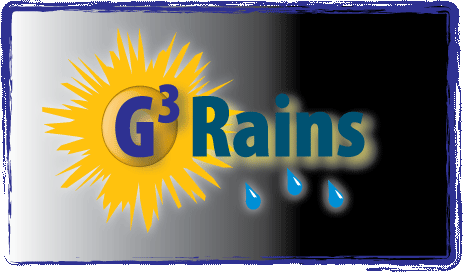Forgiveness is one of those subjects we really do not like to talk about much. Whether it’s extending forgiveness to someone we feel has wronged us or asking for it when we know we have offended another, it just is not something we want to have to think about.
There are many misconceptions about what forgiveness is and about why we should forgive. Too often we equate forgiveness with excusing the other person or with restoration and reconciliation—if I really forgive you, I’m saying what you did was okay and we can go back to our relationship as if nothing had happened, right? NO WAY! Forgiveness is not about excusing you or making you feel better, it’s about me letting go of the things that are holding me back from moving on. When I fail to forgive, in a very real sense I am still stuck at that place where I was hurt. Every time I think about the event, all the old feelings of pain, anger, resentment—everything I felt when it happened—rise up inside and I feel the wound all over again. Forgiveness is really about letting go of the past and becoming free myself, taking back the other person’s ability to hurt me again and again in that one incident and finally moving on.
So what is forgiveness? It is being willing to look at the pain I have experienced and recognize it for what it is, then letting go of any expectation that the other person will “make things right” and pay for what they have done. It is also letting go of the desire to make sure everyone knows my rightness and their wrongness in this situation, to make sure everyone knows that I’m justified to feel wronged and hurt. Even if justice is served up and the other person “pays” for what they did, that can never go back and make things the same again. If someone robs me and takes my things only to be caught and return everything, that does not remove or make up for the violation that I experienced as a result of the robbery. The robber may go to a physical jail, but until I forgive and let go of the pain of the event, I am in a jail of my own making. I hold the key in my own hands.
It can be relatively easy to let go and forgive when the wrong seems minor—my feelings were hurt by something that was said, or someone cut me off when driving and it was just annoying, not catastrophic. What if the wrong was something horrible, life-altering? Can I extend forgiveness to someone who has literally changed my life by their actions, whether intentional or not? It is not quite so simple in that case.
What is the alternative to forgiveness? Hurt, anger, resentment, bitterness—those are just a few of the results of refusing to forgive. Those all keep me locked up on the inside, isolated and alone in my pain. The truth is, if I want to find freedom myself, I must find a way to let go and forgive even in the most difficult circumstances. Until I do, I am the one who is imprisoned and paying for the wrong, not the person who caused my pain. I do not have to stay a victim; they may have victimized me, but I do not have to live that way for the rest of my life. More to come . . .
October 14, 2007
